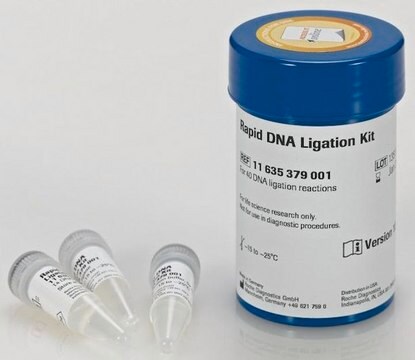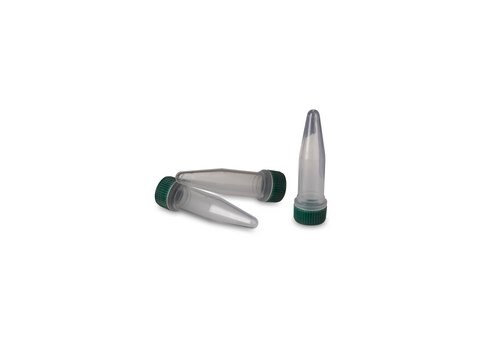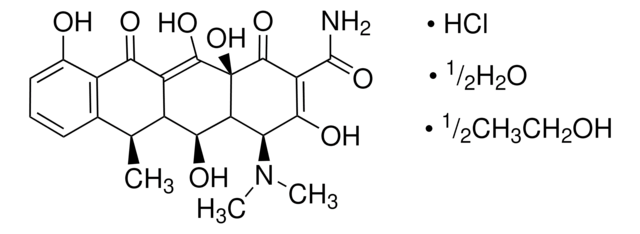SRP2099
HIF-1 α N-terminal activation domain (530-698) human
recombinant, expressed in E. coli, ≥80% (SDS-PAGE)
Synonym(e):
HIF-1alpha, HIF1, HIF1-alpha, MOP1, PASD8, bHLHe78
About This Item
Empfohlene Produkte
Biologische Quelle
human
Rekombinant
expressed in E. coli
Assay
≥80% (SDS-PAGE)
Form
frozen liquid
Mol-Gew.
~19.8 kDa
Verpackung
pkg of 10 μg
Lagerbedingungen
avoid repeated freeze/thaw cycles
Konzentration
800 μg/mL
Farbe
colorless to clear
NCBI-Hinterlegungsnummer
UniProt-Hinterlegungsnummer
Versandbedingung
dry ice
Lagertemp.
−70°C
Angaben zum Gen
human ... HIF1A(3091)
Biochem./physiol. Wirkung
Physikalische Form
Angaben zur Herstellung
Lagerklassenschlüssel
10 - Combustible liquids
WGK
WGK 1
Flammpunkt (°F)
Not applicable
Flammpunkt (°C)
Not applicable
Analysenzertifikate (COA)
Suchen Sie nach Analysenzertifikate (COA), indem Sie die Lot-/Chargennummer des Produkts eingeben. Lot- und Chargennummern sind auf dem Produktetikett hinter den Wörtern ‘Lot’ oder ‘Batch’ (Lot oder Charge) zu finden.
Besitzen Sie dieses Produkt bereits?
In der Dokumentenbibliothek finden Sie die Dokumentation zu den Produkten, die Sie kürzlich erworben haben.
Artikel
Read review on VEGF signaling pathway (Vascular endothelial growth factor (VEGF)/VEGF receptor) and find related products.
We present an article about how proliferating cells require the biosynthesis of structural components for biomass production and for genomic replication.
Unser Team von Wissenschaftlern verfügt über Erfahrung in allen Forschungsbereichen einschließlich Life Science, Materialwissenschaften, chemischer Synthese, Chromatographie, Analytik und vielen mehr..
Setzen Sie sich mit dem technischen Dienst in Verbindung.








